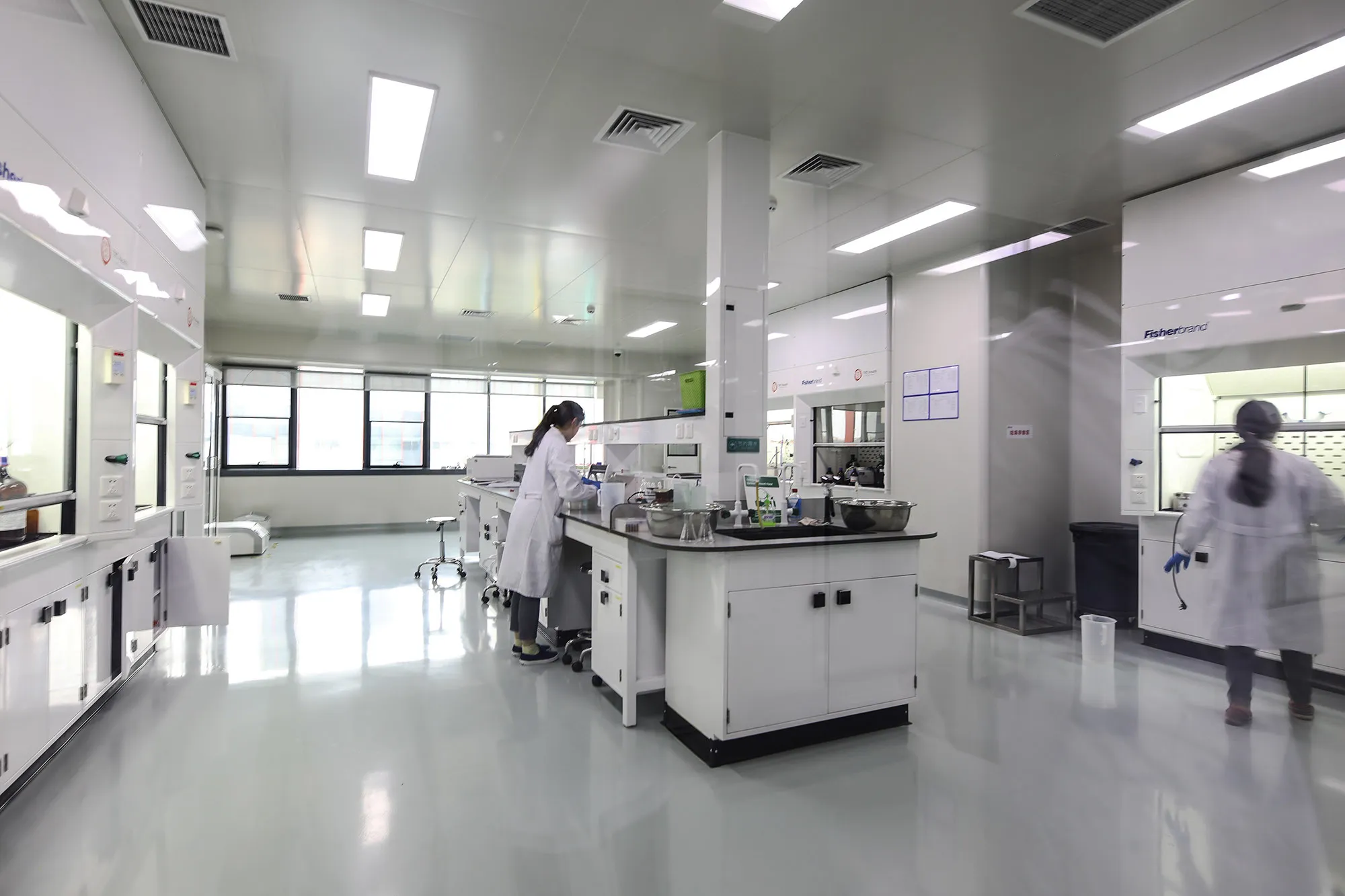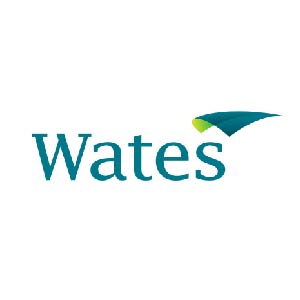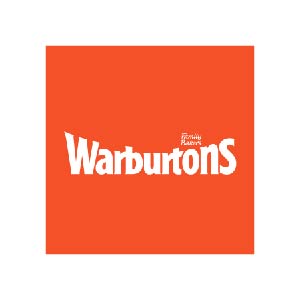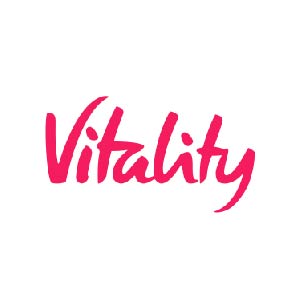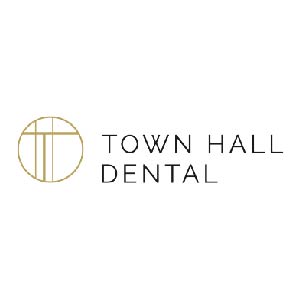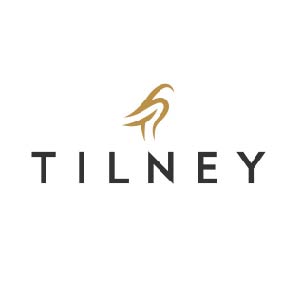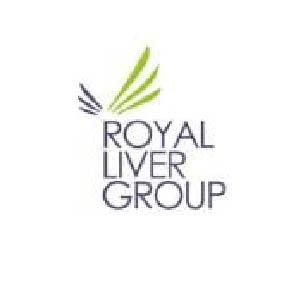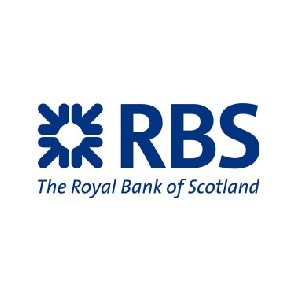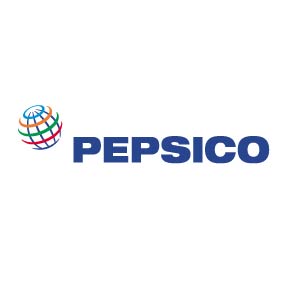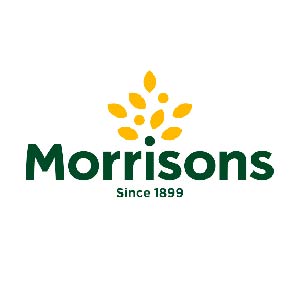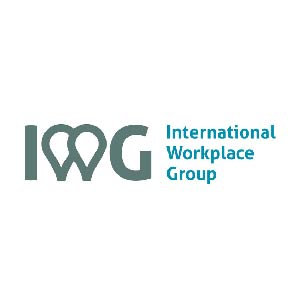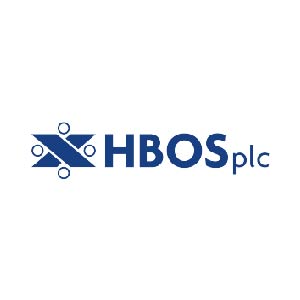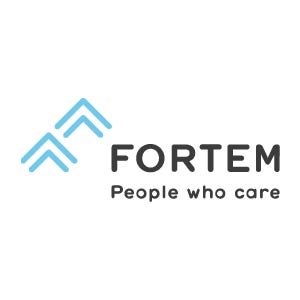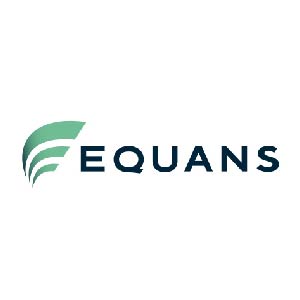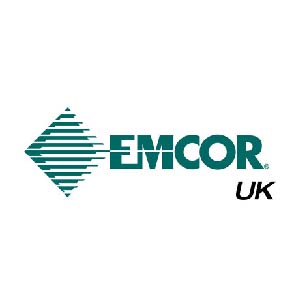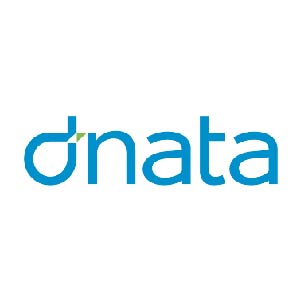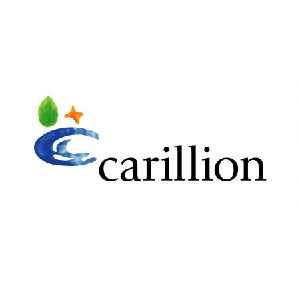Facilities and Workplace Management (FAWM) is the basis of maintaining a building and the environment where people work. Its success is key to ensuring employees can work efficiently and safely and a strategic part of keeping them motivated and productive. If executed correctly, it can contribute to an organisation’s success.
Through our research and experience, we have been able to identify that organisations are not preparing adequately enough when it comes to the ‘new normal’ post-pandemic.
Organisations tend to focus their energies and resources on either producing a product or providing a service. They see the management of their workplace as a cost burden on their overall operating expenses for their business, such as having numerous contractors’ providing maintenance, which is not cost-effective. The lack of focus and attention creates further issues around the organisation not meeting their statutory compliance obligations. Financially and reputationally, putting the business at risk. Added pressure is now coming from the necessity to prepare for the post-pandemic world.
The new paradigm is that businesses now must deal with multiple work locations, their staff working from home, and the office. It adds further pressure by extending the employers compliance obligations to this new workplace, their employees’ home.
It’s easy to get lost in the process and, by default, push it to the back of the queue in terms of priorities, but it is a vital part of making sure a business runs successfully, addressing accordingly.
With that in mind, Axentia has developed a tool to help make the assessment process more straightforward. We support organisations by creating a FAWM framework that will ensure effective and well-managed workplaces and meet statutory compliance obligations. It also includes an appraisal of health and safety management, comparing it against good practice and the latest COVID-19 regulations.
What are the benefits?
In simple terms, there are five points
• Helps you to gain control and ensure your policies are all compliant
• Prevents reputational damage
• Reduces overall business costs through employing the correct preventive maintenance strategy
• Improves employee engagement
• Ensures that your business is Covid compliant
Improved morale
Employees who have an efficient and workable workspace have a more positive approach to the day ahead. The workplace supports its workers and ensures the environment is safe and well maintained. If an employee feels supported and comfortable, they are more engaged and have a better work ethic. Employee satisfaction has become an important metric. With the ongoing assessment and analysis, we now know that employees dedicated to their workplace are more passionate and focused. The improvement in morale will help boost productivity and get the business its next significant innovation.
Safer environment
A safer environment can bring many benefits, including reduced costs, reduced risks, lower employee absence and turnover rates, fewer accidents, and the lessened threat of legal action. It improves standing among suppliers and partners and a better reputation for corporate responsibility among investors and customers.
Effective management of compliance maintenance
Ensuring a business is adhering to all relevant statutory and regulatory laws and legislation is of paramount importance. Having a practical approach to the FAWM will enact a successful compliance maintenance plan for the workplace.
Improved asset management
Actively managing assets is essential for the efficient and sustainable operation of any organisation. The fundamental principle is to intervene with repair and maintenance activities at strategic points to maintain an asset’s performance and extend its life. Proactive asset management provides a holistic view of what the organisation owns or leases, its condition, location, and next to be maintained or replaced. It simplifies the budget planning process related to FAWM, enables effective planned maintenance and reduces backlog liabilities.
Better cost control
Cost dominates everything in the workplace. Clarity of how much something costs or what recurring costs organisations face is essential, but these are far from the total cost of operating a business. Having an effective FAMW solution provides insight into the actual costs of keeping your workplace running. Understanding and be able to analyse various workplace expenses drives effective business planning. We can help you get to grips with how much you spend annually on service providers, utilities, etc.—guiding the creation of budgets to represent all business elements, not just in part but for the whole year correctly.
The approach
We use three stages, split into two areas, including a Health and Safety element with a Covid review.
The consequences of health and safety non-compliance
With all areas of compliance, whether it be financial (FCA), medical (MHRA, CQC), environmental (EA), or communications (Ofcom), if you fail to comply, the consequences are significant. It’s the same for health and safety, and breaching regulations is a criminal offence. Companies have a common law duty to ensure the working environment is safe for employees. By not doing so, you’re at risk of receiving fines or even a prison sentence.
Examples of the impact provided by Safetybank.co.uk….
Financial penalties
Initially, the HSE can only issue a notice of improvement or prohibition to an enterprise that’s breaching legislation, but consequences can become more dire. Breaches can incur fines of up to £20,000, while issues that endanger human lives can produce unlimited fines or imprisonment. If an employee is injured at a workplace where best practice wasn’t implemented, there’s also a chance they could claim against the business.’
Disqualification and reputational damage
Non-compliance of health and safety regulations can also hurt a business’ reputation. Disqualification from the industry is a likely consequence, often leaving companies’ reputations in ruin. As it’s the employer’s legal responsibility to protect their employees, it’s often those at the top that are targeted when a health and safety incident occurs, and prosecutions brought forward by the HSE in the UK have a 94% conviction success rate.’
The added impact of Covid
Workplaces must be Covid compliant and cover the following; risk assessments, cleaning and hygiene, social distancing in the workplace, managing work-related stress, PPE, fit test and RPE and protecting home workers. With the HSE undertaking spot checks, it is of paramount importance to ensure that your business/organisation complies with new regulations relating to Covid.
The rise in covid related claims/issues against employers by employees include,
- Health and safety duties towards pregnant workers
- Health and safety: refusal to attend dangerous workplace
- Whistleblowing: raising concerns about employer’s conduct
There’s a lot to consider when it comes to facilities and workplace management (FAWM), and it can be a little overwhelming if you don’t know where to begin. If you need some support, contact us.
‘It pays to be compliant; it costs if you are not.‘



